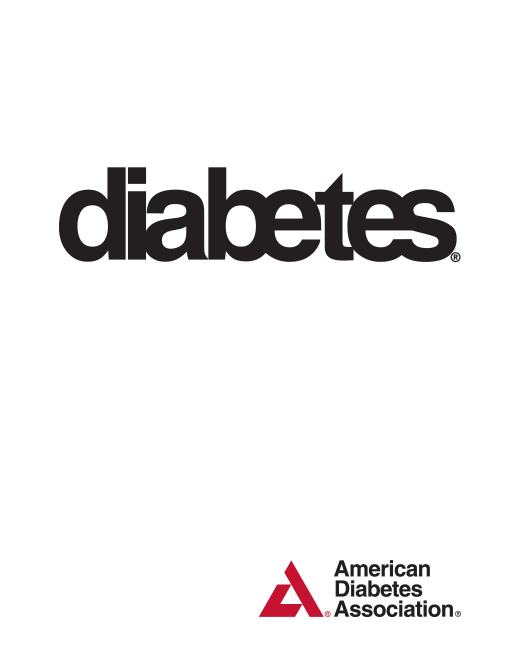Does any food send BG rising? I ask because I had a meal tonight of bacon and a plain omelette which I believe was only 1g of carb. I expected a flat curve on my Libre, but from a 5.4 start it's risen steadily to 7.6 at one hour post meal (and has not yet turned downward). Anyone have any ideas why that should be?
steve
steve


